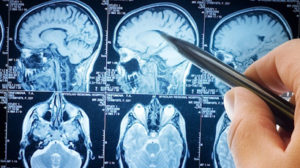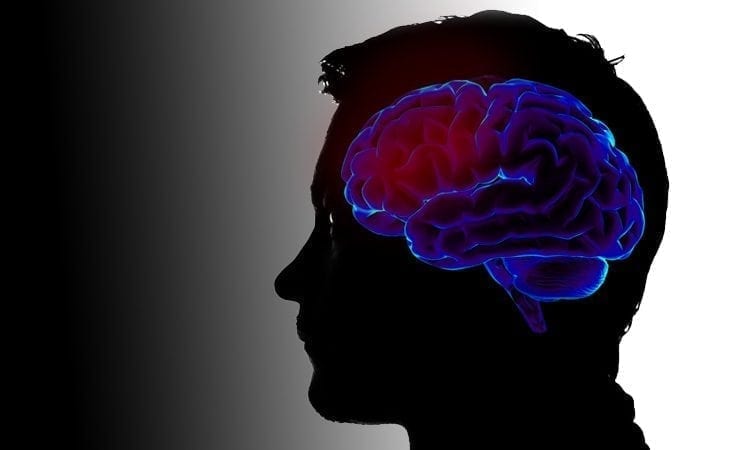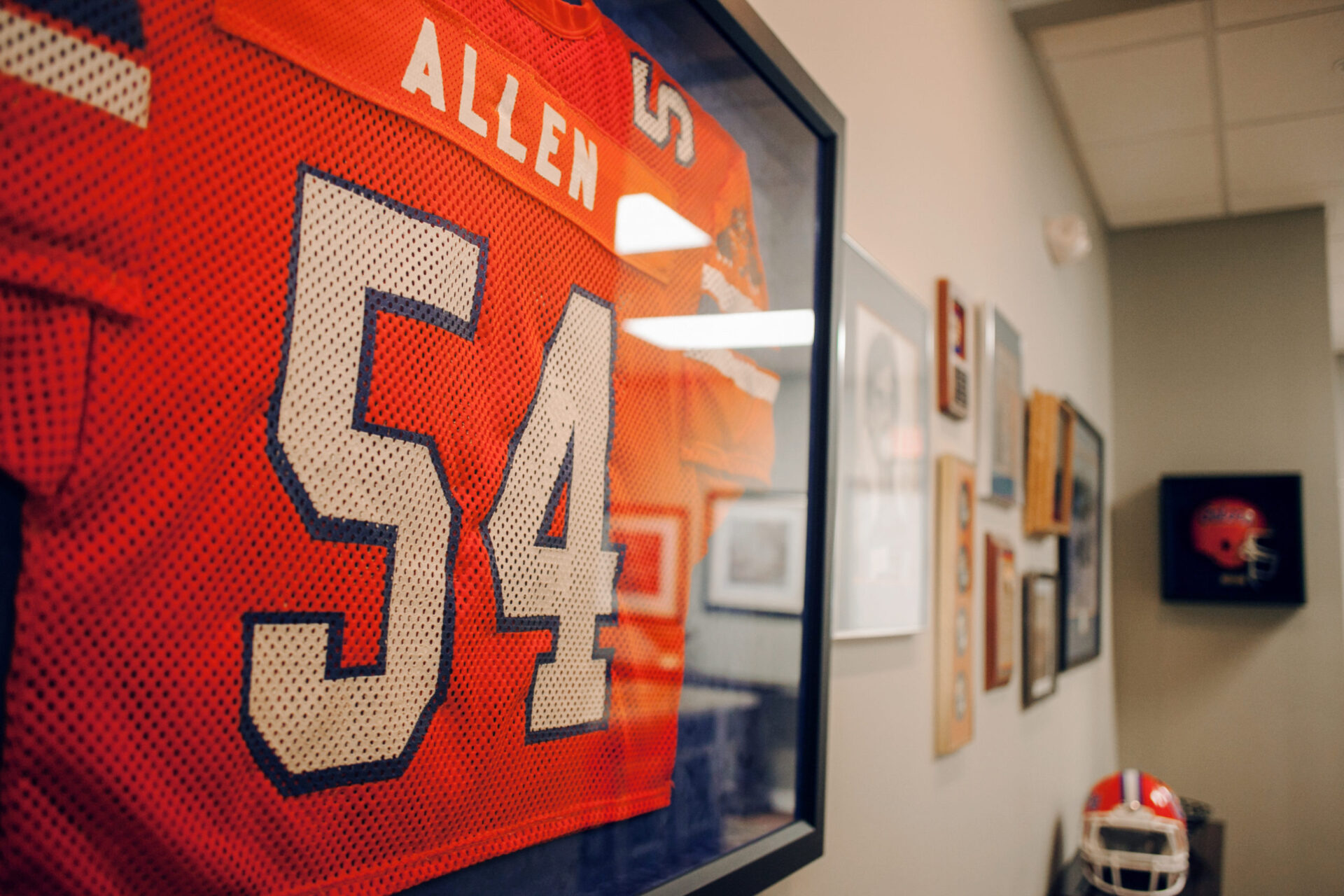Blunt Force Head Trauma – Cause And Effect
Bill Allen | November 26, 2020 | Central Florida Personal Injury Lawyer

Individuals can sustain a variety of injuries in a Gainesville accident. Head trauma is one of the most common types of accident injuries. They can also be some of the worst and most debilitating injuries you can sustain in an accident.
Blunt force head trauma can result in traumatic brain injuries (TBIs). TBIs range from mild concussions that can heal in a few weeks to permanent brain damage. The problem with blunt force head trauma is that you could suffer a brain injury without knowing it.
A blow to the head may not cause any outward sign of trauma. However, a closed head injury caused by blunt force trauma can result in brain swelling or bleeding. It can cause brain injury at the site of the impact, but it can also cause brain injury on the opposite side of the blow to the head.
Common Causes of Blunt Force Head Trauma
A variety of situations can cause blunt force head trauma. Any blow, bump, or jolt to the head could result in a serious brain injury. Common circumstances that can result in blunt force head trauma include:
- Assaults and other acts of violence
- Motor vehicle accidents involving cars, pedestrians, trucks, bicyclists, and motorcycles
- Construction accidents
- Slip and fall accidents
- Sport and recreational activities
- Dog attacks
- Accidents involving defective products
- Workplace accidents
- Nursing home abuse
When another party caused your blunt force head trauma, that party could be held liable for damages caused by the injury. Filing a personal injury claim can result in compensation for your physical injuries, economic losses, pain and suffering, and other damages.
However, your time to file a personal injury claim for blunt force head trauma is limited by Florida’s statute of limitations. If you have questions about a personal injury claim, it is best to consult with a Gainesville brain injury lawyer as soon as possible after an injury to avoid missing the deadline to file a claim.
How Do I Know if I Suffered a Blunt Force Head Trauma?

Since a blow to the head may not leave any outward sign of injury, it is a good idea to be checked by a physician after sustaining any head injury. It is usually best to see a doctor as soon as possible after an accident or injury.
The symptoms of a brain injury can appear within minutes or hours after the injury. However, it could take a few days for you to notice some symptoms. Symptoms can also worsen over time.
The severity and location of the brain injury also dictate the symptoms that you might experience. Symptoms to watch for after a blunt force head trauma include, but are not limited to:
- Any loss of consciousness
- Blurred vision
- Headaches
- Ringing in the ears
- Slurred speech
- Fatigue
- Changes in sleeping habits
- Dizziness
- Nausea or vomiting
- Problems with concentration, focus, memory, or attention
- Loss of balance or coordination
- Convulsions or seizures
- Weakness or numbness in your extremities
- Inability to awaken or stay awake
Seek medical attention immediately if you experience any symptoms after an accident or head injury. In some cases, a brain injury could result in death if the person does not receive emergency medical treatment.
Prompt medical treatment is also important for a personal injury claim. You need medical records to prove that the accident caused your head injury. However, if there is a delay in medical care, the insurance company might argue that the accident did not result in your injury.
How Do Doctors Diagnose Blunt Force Head Traumas?
When you go to the doctor or the emergency room with a head injury caused by blunt force, the doctor performs several tests to diagnose blunt force head trauma. In many cases, doctors begin with rating your responses in three critical areas on the Glasgow Coma Scale. Low scores indicate potential brain injury.
Doctors can also use various imaging tests to diagnose the damage caused by blunt force head trauma. Your physician may order x-rays, CT scans, or MRIs to assess the damage caused by blunt force. The doctor may also order various neuropsychological, cognitive, speech, and language tests to determine the severity of the brain damage.
Treatments for Blunt Force Brain Trauma
The treatments your doctor prescribes for blunt force brain trauma depend on the type and severity of the brain damage. In mild cases, the brain may heal itself, given time and rest. Your doctor may advise you not to work or attempt any activities that require focus or attention so that your brain can “rest” while healing.
However, severe brain damage might require a variety of treatments. If there is bleeding or swelling in the brain, surgery might be required to reduce the pressure within the skull. Documents may prescribe various medications to treat symptoms of brain damage and avoid further damage to the brain.
Long-term treatments might include physical, occupational, speech, and other forms of therapy. For individuals with permanent brain damage, counseling and other therapies might be required to help them adjust to the changes caused by brain damage.
In addition to receiving medical care, you may also want to talk with a lawyer about your legal rights and options. Brain injuries can alter your life forever. Holding the party responsible for the blunt force head trauma liable for your damages can provide you with the money you need for continued treatment and care.
Schedule a Free Consultation With Our Gainesville Brain Injury Lawyers
When you suffer a brain injury in an avoidable accident, the last thing you need to worry about is a fight for compensation. Let Allen Law Accident & Injury Lawyers handle that for you. Our Gainesville brain injury lawyers have more than 70 years of combined experience. We’ve recovered hundreds of millions on behalf of accident victims like you. We’ll do everything we can to get you the financial award you need and deserve.
Contact Our Personal Injury Law Firm in North Central Florida
If you need legal assistance, contact the Gainesville personal injury lawyers at Allen Law Accident & Injury Lawyers at your nearest location to schedule a free consultation today.
We have two convenient locations in North Central Florida:
Allen Law Accident & Injury Lawyers – Gainesville office
2550 SW 76th St #150
Gainesville, FL 32608
(877) 255-3652
Allen Law Accident & Injury Lawyers – Ocala Office
112 S Pine Ave
Ocala, FL 34471
(352) 351-3258
